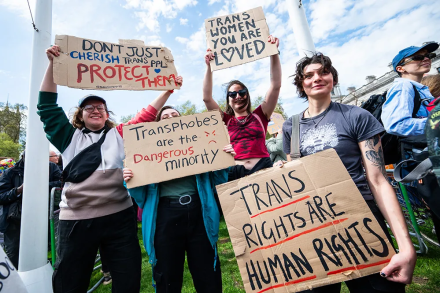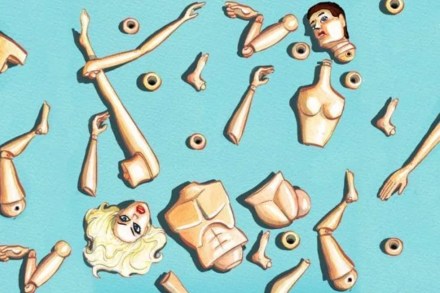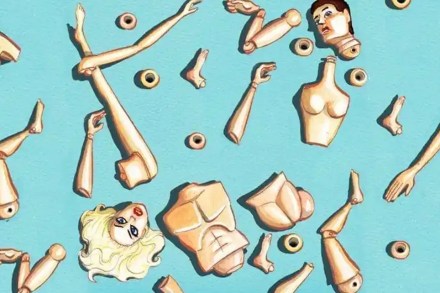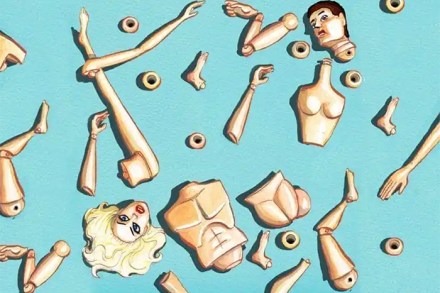The ECHR will never be reformed
It is more than nine years since I was suspended by the Labour party for – I think – a comment I made about Palestine. I had written: ‘If you handed over Israel to the Palestinians they would turn it into Somalia before you could say Yom Kippur.’ I remember having worried about the sentence a little – not because of its meaning, but because I wasn’t sure that ‘Yom Kippur’ was quite right in that context. I thought, and still do, that ‘Allahu akbar!’ might be better, but there we are. Anyway it was either that or a following sentence where I wrote: ‘For many Muslims the anti-Semitism is




















